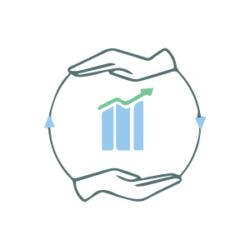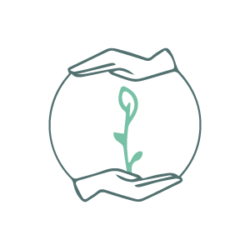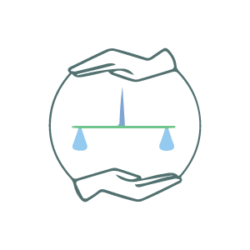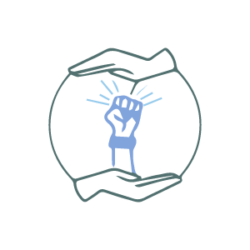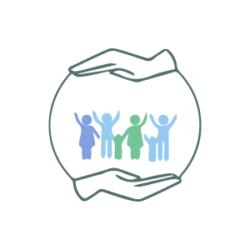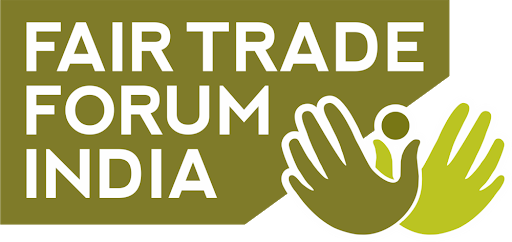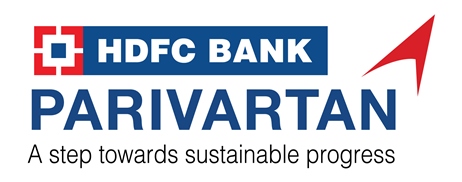A world of value built on uplifting people
and preserving natural resources.
History
In 1997, we set out on a mission to support sustainable development in India. Initially, we lobbied for better energy efficiency; after successful policy interventions, we expanded our efforts into waste management. At the time, urban landfills were overflowing with waste. Along nearby slums, unorganized groups of people were risking their lives scrounging through dirty and diseased trash for items to recycle. Despite these hazardous recycling efforts, a notable category remained overwhelming the landfills: the common plastic bag. The conditions of the people in the slums coupled with the environmental hazard the plastic bags posed inspired us to create an income-generation project for the waste pickers. After two years of research and development, in 2008 we successfully patented a leather-like material made from single-use plastic bags.
Today, we continue to create safe and sustainable opportunities. We educate communities on using waste as a resource to create value. And with the use of this easily-replicable, low-cost technology, we train individuals to produce a range of high value products. In doing so, we bring even higher value to both our people and our planet.
Mission
We work towards environmental conservation,
while simultaneously creating socially-uplifting conditions
by empowering underprivileged individuals with employable opportunities.

